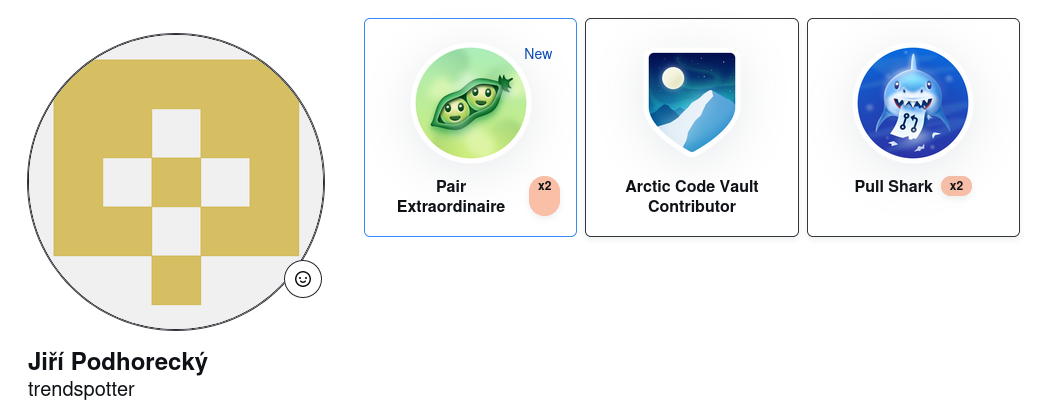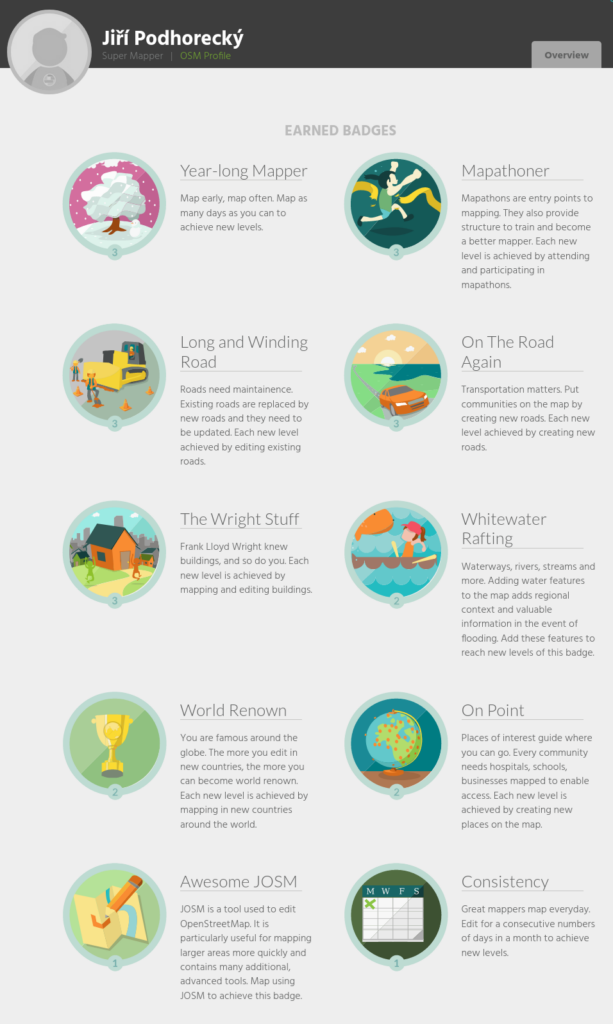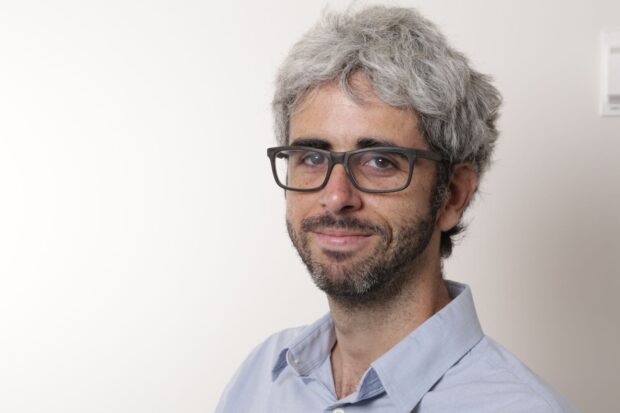The open-source industry has a strong legacy of volunteers working together to build new products and maintain them over time. But often, such volunteer efforts go unnoticed. That’s why, in this edition of the Exchange User Spotlight, we are thrilled to celebrate a user whose work with the Exchange is completely voluntary.
Jiří Podhorecký has worked for several years in the tourism industry and he owns an art shop with original illustrations of his hometown, Cesky Krumlov, Czech Republic. But in his spare time, he has been an active contributor to the Digital Impact Exchange.

Unmotivated by profit, he follows his interest and his passions down the winding digital pathways of the Exchange and its many products and features. Jiri has been instrumental in translating the Exchange into his native Czech language, and in expanding the selection of products included.
We spoke to Jiri about his search for meaningful volunteer work, his views on open-source, and what excites him about the future of digital service design.
How did you find your way to volunteering with the Exchange?
I was inspired by the concept of digital volunteering, but initially I found little in the way of meaningful opportunities. Many volunteer opportunities seemed to be short-sighted, with a company investing their skills and resources for a short-term project, looking more like a promotion opportunity than a well-thought-out and long-term solution to a societal challenge. I had previous experience working with proprietary software and complex production workflows, so I had a firm grasp of hi-tech, but working with the Exchange was my first time exploring open-source software-for-good.
I first discovered the Exchange in an intense search for knowledge and examples of the use of open-source products in projects that I find meaningful. Common searches across the internet are skewed by highlighting commercial products or groups of products by industry niche. It is even more difficult to find access to a technical solution to a given problem that is not obviously commercial and/or is defined across multiple areas or disciplines. In this case, conventional search engines fail, but the Exchange thrives.
What is the biggest challenge you face in this role?
Probably the biggest challenge in my volunteer role is combatting misconceptions. There is a perception that if you are doing digital development work, you must be a part of an established nonprofit, multinational organization or part of a project funded by the government. Sometimes it is hard for people to understand that I do this work without direct support, without renumeration, and without any kind of business plan. These circumstances can make defending the scope and focus of my work more difficult, but it does not stop me from continuing.

What other technology tools do you use in your work?
Given my focus on translation, my frequent assistants are the very low-tech dictionary and the very high-tech translation software.
How do you think about open-source products and their role in the broader ecosystem?
As someone who volunteers their time in technology, the concept of open-source resonates with me. I think open-source is important, imperfect as it may be. I try to use open-source software in my everyday repertoire, but with the influence of large companies dominating the market, I acknowledge it is not easy to completely abandon proprietary technologies for the sake of one’s own security or independence. And it can be equally murky to try to make informed decisions in this regard. Anyone, for example, using a free internet project should consider the return on investment that is somehow hidden in the traffic. Even in an open-source project, there is a differentiation between “free software” and commercial products within their business plan. I would love to see more open licenses paired with open learning resources to help more aspiring software or digital project designers actually make use of them.

For example, there are several very handy offline mapping apps for use on mobile devices, which allow the ordinary user without in-depth technical know-how to view maps even without an internet connection. But finding an offline map solution in a similar form for a standalone server can be a challenge because there is an assumption that server map services are only run over the internet. Yet, many of the building blocks for mapping technology seem to be open-source. If even their modular building blocks were easily available under an open license, it would be a massive value-add for so many other projects.
Have you successfully discovered a technology via the Exchange you did not otherwise know about?
The beautiful thing about the Exchange is its level of interactivity – it is a place to discover proven tools and resources to implement them, but also a place to contribute your own knowledge to the public database. I have indeed discovered new technologies, and I have also been happy to contribute, using the Candidate Product submission form to nominate several platforms to be added to the platform.
What gets you excited about your work?
I hope my efforts with the Exchange helps to move forward projects that contribute to the greater good. I may not be part of any implementation team, but maybe without some key milestones that I’ve contributed to, such a project could not be developed.
For example, one product that I added to the Exchange is called OpenESSENCE, which is a for handling infectious disease data in crisis situations. The recent COVID-19 pandemic taught us a major lesson with regard to digitization, that has major implications for the future of public health: information technology and data processing play a bigger role in healthcare than previously thought.
Another project I’ve been working on for a long time is specifically designed for citizen participation. It is built on the open-source software nherently cannot be done individually or privately; it can only be done publicly, and in coordination with the local council. The collective goodwill of many people is absolutely essential for its success among citizens, and the technical condition is that they can express that will somewhere with confidence. That is where I come in – to demonstrate that the technical conditions are not only feasible for the local situation but can also have additional new advantages in contrast to other methods.
It is exciting to be a part of a digital service or software design process that is intrinsically civic-minded. I would love to see more projects emerge that bring fresh ideas and processes to bear for attaining the Sustainable Development Goals in every small town and village.



